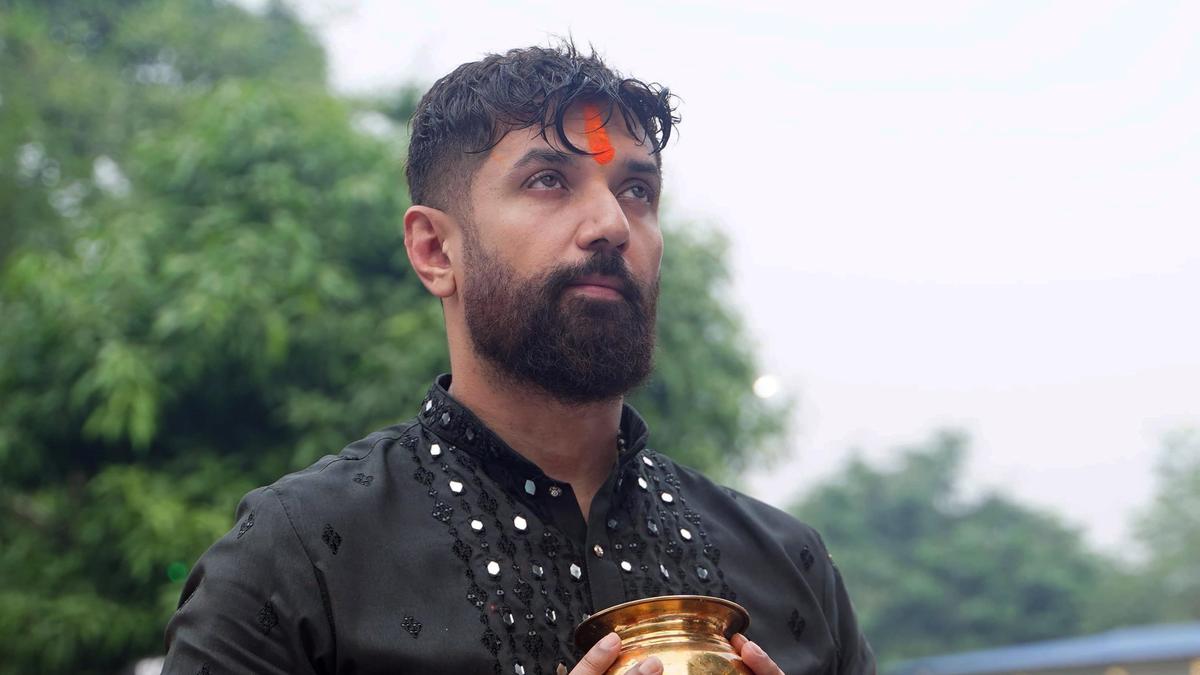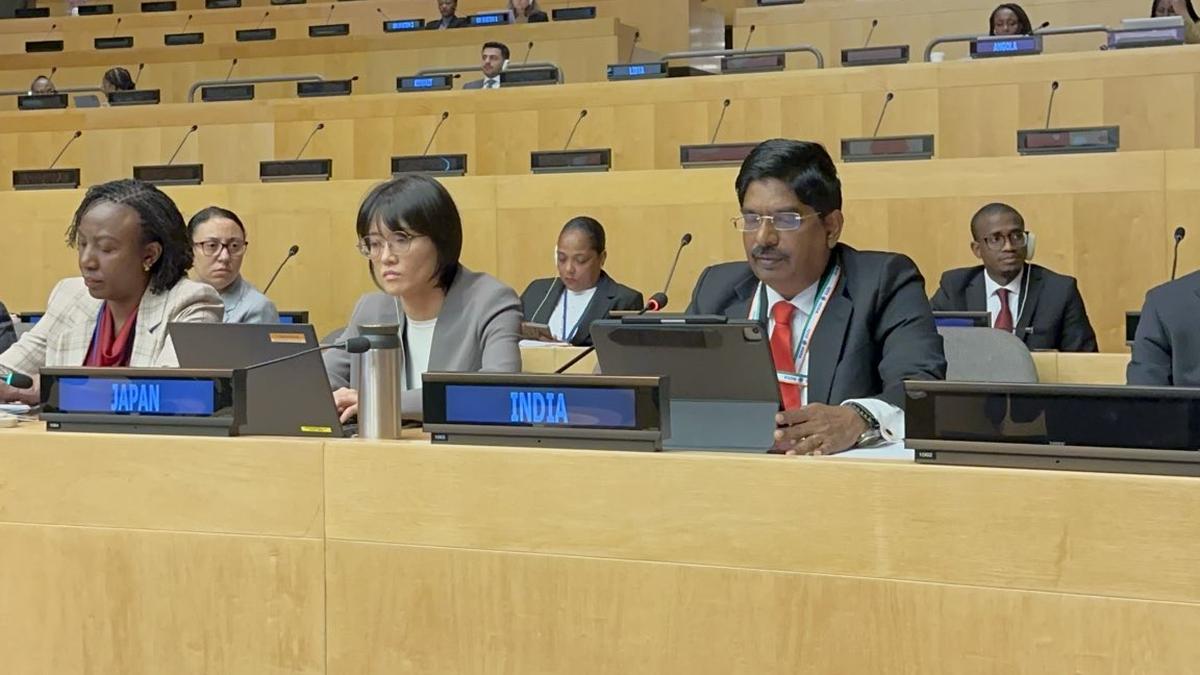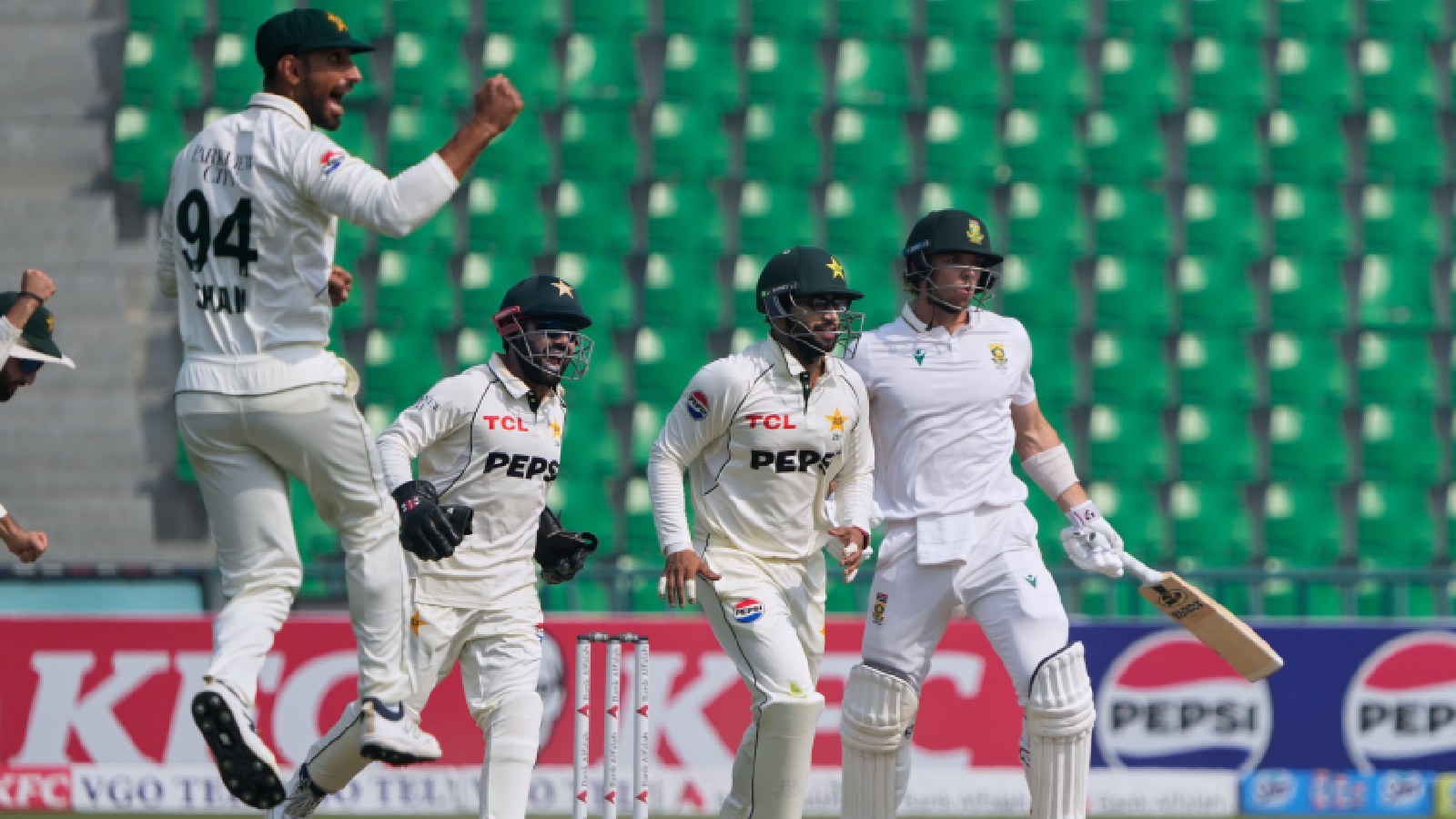Indian Stroke Association (ISA) president Dr. P. Vijaya emphasised that every minute counted when it came to brain stroke, and that immediate recognition and hospital care could save both life and livelihood, on the occasion of World Stroke Day 2025, here on Tuesday.
Observed globally on October 29 by the World Stroke Organisation (WSO), the day highlights one of the most critical medical emergencies, the brain stroke (paralysis), which affects nearly 18 lakh Indians every year, with more than half either succumbing to the disease or living with long-term disability. Alarmingly, 20 to 30% of patients are below 50 years of age, the ISA president observed.
A stroke, often called a “brain attack”, occurs when blood flow to part of the brain is blocked or a vessel ruptures, Dr. Vijaya told The Hindu on Tuesday. She said that there were two main types of stroke — ischemic stroke, caused by a blockage of a blood vessel supplying the brain, and hemorrhagic stroke, caused by rupture of a blood vessel in the brain. This would lead to loss of function corresponding parts of the body. 85% of strokes are ischemic and 15% hemorrhagic.
People with usual symptoms such as sudden loss of balance or coordination, blurred or double vision, face drooping on one side, weakness or numbness in one arm, slurred or difficulty speaking must rush to the nearest stroke-ready hospital immediately, she suggested.
She said that according to the Global Stroke Fact Sheet 2025, ten modifiable risk factors, led by hypertension, air pollution, smoking, and high cholesterol account for over 80% of strokes worldwide. Dr. Vijaya noted that up to 80% of strokes are preventable through healthy habits such as regular exercise, quitting smoking, reducing stress, and controlling blood pressure and diabetes.
She stressed that treatment is a race against time, with clot-busting therapy effective within four-and-half hours and mechanical thrombectomy, a minimally invasive clot removal procedure, possible up to 24 hours after onset in select cases.
The recent study, led by Indian neurologists, demonstrated the success of a low-cost, made-in-India stent retriever, marking a breakthrough in affordable stroke care, she observed.
Dr. Vijaya said the ISA continues its mission to enhance public awareness and train emergency physicians nationwide, reinforcing this year’s global message: “When it comes to brain stroke, it is time to take action”.

 8 hours ago
5
8 hours ago
5








 English (US) ·
English (US) ·